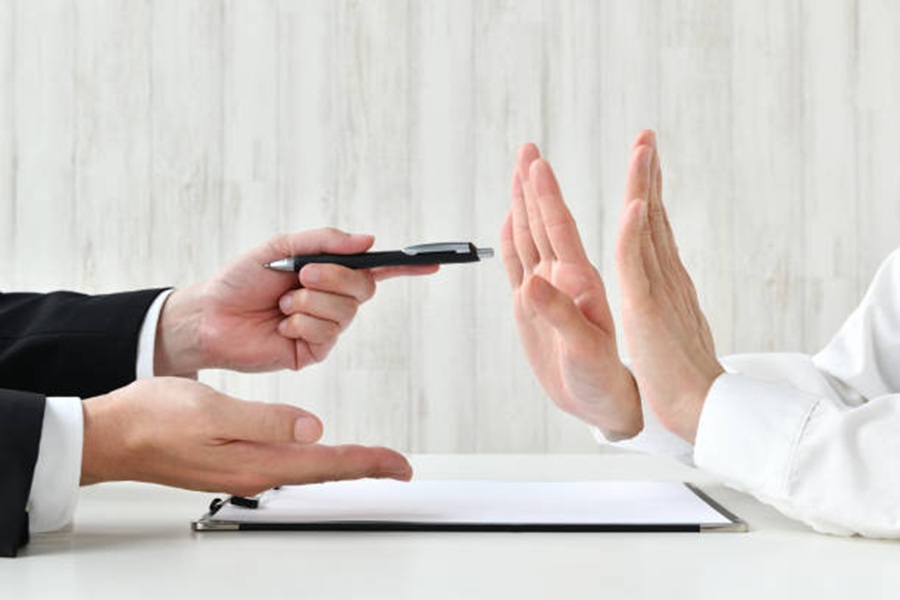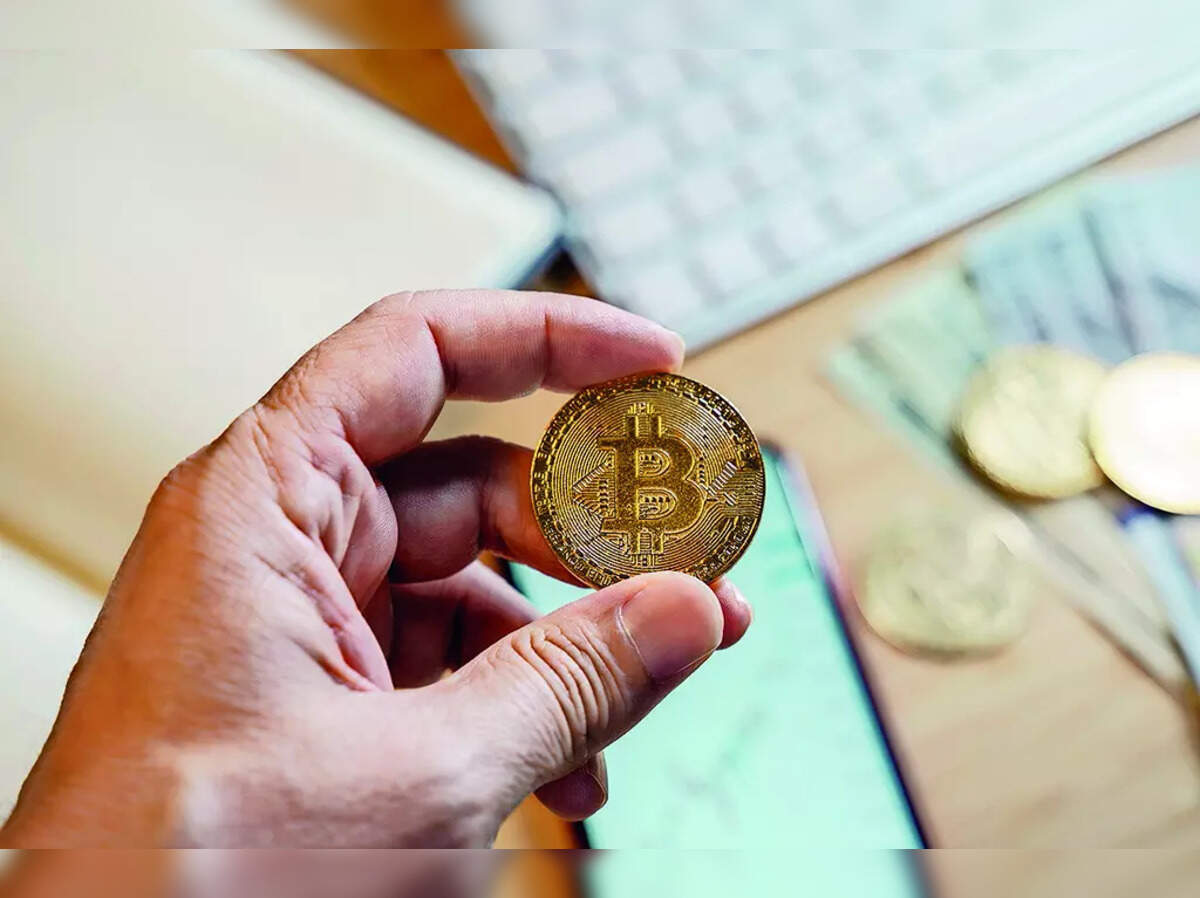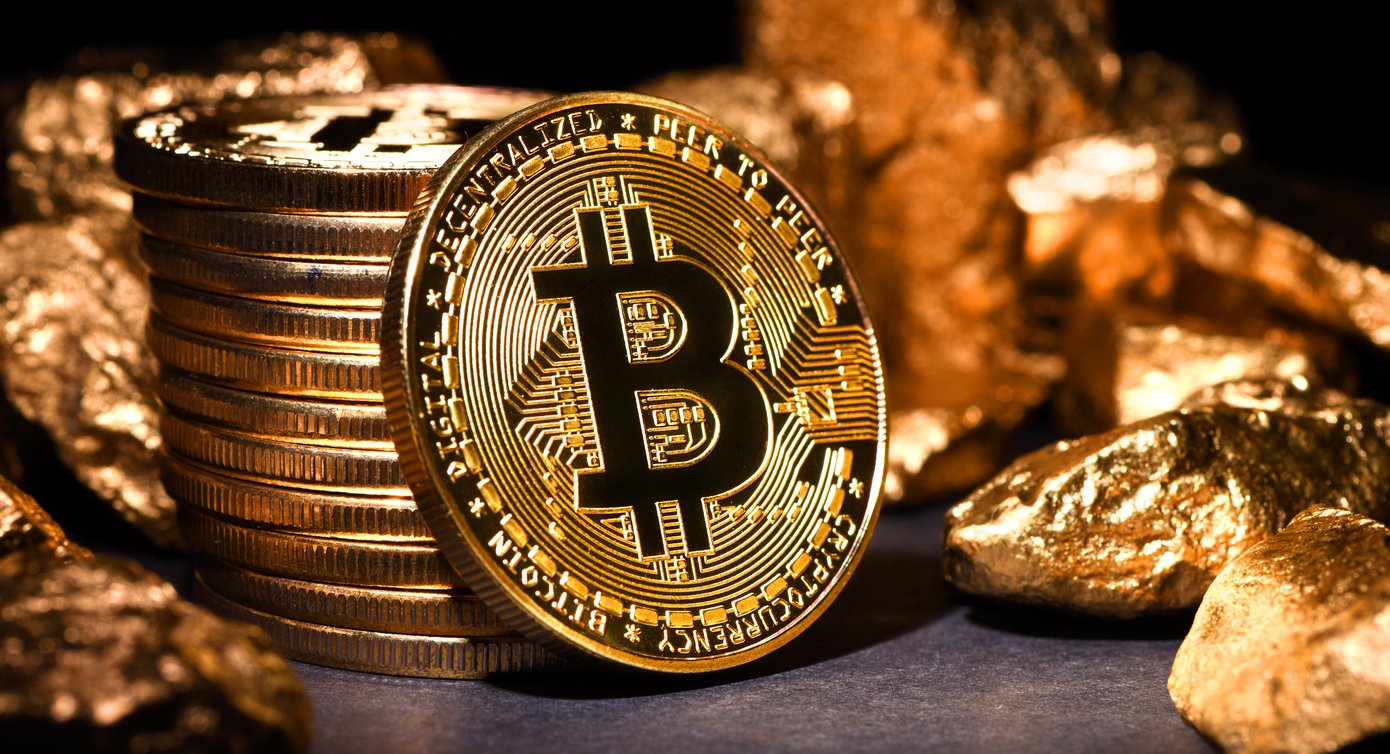Over the weekend, a playful comment on X (formerly Twitter) led to a serious discussion about how much gold is really left in Fort Knox, one of America’s most secure places.
It all started when the popular finance account @zerohedge tagged Elon Musk, saying:
“It would be great if Elon Musk could check inside Fort Knox to make sure the 4,580 tons of US gold is still there. The last time anyone checked was in 1974.”
The tweet went viral — it reached nearly 2 million people and was liked more than 59,000 times. Musk responded:
“Surely it’s checked at least every year?”
To which Zerohedge replied:
“It should be. It isn’t.”
That response opened the floodgates. People — including lawmakers and Bitcoin supporters — began asking: “Has anyone actually checked if the gold is still there?”
When Was Fort Knox Last Inspected?
The last big public visit to Fort Knox was in 1974. That tour allowed some journalists and members of Congress inside. A much smaller visit happened in 2017, when Treasury Secretary Steve Mnuchin briefly visited. But there hasn’t been a full audit of the gold in decades — at least not one that was shared with the public.
At today’s prices, 4,580 tons of gold would be worth around $425 billion. The idea that no one has done a thorough check in over 50 years has led to theories and speculation — some wondering if the gold has been secretly sold or moved.
Senator Rand Paul chimed in with a quick “Let’s do it.” His father, Ron Paul, has been demanding transparency about Fort Knox for decades, going back to the 1970s.
Bitcoin Supporters Say: This Is Why Bitcoin Wins
As the debate gained attention, many from the Bitcoin community joined the conversation. They argued that this uncertainty over physical gold proves why Bitcoin is a better option.
Nate Geraci, President of The ETF Store, said:
“If only there were a way to verify asset ownership… Oh wait, Bitcoin does that.”
Dennis Porter, CEO of the Satoshi Act Fund, added:
“This is why governments should hold Bitcoin instead of gold. Bitcoin reserves can be verified by anyone, anytime, using the blockchain.”
Senator Cynthia Lummis, a known Bitcoin supporter, said:
“Bitcoin solves this issue. A Bitcoin reserve is fully transparent. No need to guess or wait 50 years.”
What If There’s No Gold? Wild Theories Take Off
Things got more dramatic when Walker, host of THE Bitcoin Podcast, posted a long scenario on X, predicting what could happen if Musk did trigger an audit — and the results were shocking.
Here’s his prediction:
- Musk convinces Trump to audit Fort Knox.
- The audit shows less than 500 tons of gold.
- Trump finds out that China and Russia have more gold than the U.S.
- In response, Trump creates a Strategic Bitcoin Reserve.
- Other countries rush to buy Bitcoin, pushing gold’s value down.
- Gold fanatics, like Peter Schiff, are left stunned.
Even Bloomberg ETF expert Eric Balchunas weighed in, asking:
“Interesting theory — but what are the actual chances of this happening?”
Could This Actually Happen?
So far, the U.S. Treasury and Department of Defense haven’t made any statements about a new audit or allowing Musk into Fort Knox. But the online chatter is growing, and the idea has clearly caught people’s attention.
This renewed debate brings up real concerns about trust, transparency, and accountability — not just with gold, but with how governments manage national assets.
Bitcoin vs Gold: A Real-Time Showdown
With no way to instantly prove the amount of gold in Fort Knox, many believe Bitcoin has an edge. Bitcoin’s blockchain allows anyone to track wallet holdings in real time — no mystery, no delay.
At the time of writing, Bitcoin (BTC) was trading at $96,383.





